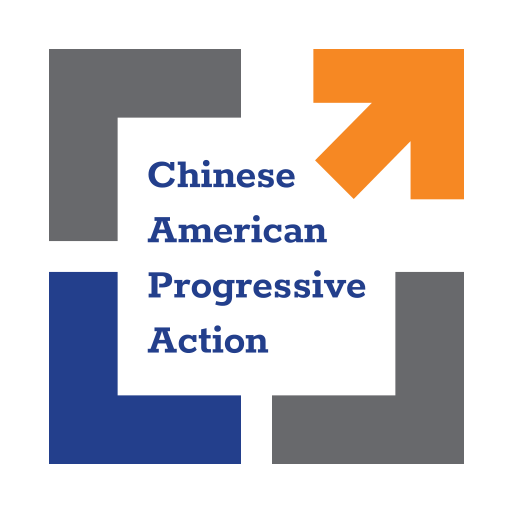Leana Wen came to the U.S. at the age of eight from China. Her family arrived without many financial assets, but with some help from public benefits, Leana thrived. She became a Rhodes Scholar, doctor, Health Commissioner of Baltimore City, and now serves as one of the nation’s pre-eminent public health advocates as President of Planned Parenthood.
Leana’s path of achievement is an inspiring Chinese American immigrant story. It’s also a path to success that’s under attack and might end up closed off for future immigrants if a new proposal by the Trump administration affecting lawful permanent residence, also known as green-card status, takes effect. The new proposal seeks to make it much more difficult for immigrants to qualify for lawful permanent residence if they have used public assistance.
Make no mistake, this is part of the Trump Administration’s attack on all immigrants, both legal and undocumented.
The government has traditionally considered as “public charges” those immigrants who rely on cash assistance from public programs for more than half of their income. Immigration officers use the public charge determination as a negative factor in deciding to award legal permanent residence. The Trump administration’s proposal seeks to broaden drastically the public charge designation to include non-cash benefits, including Medicaid, SNAP (food stamps), Section 8 housing vouchers, and subsidies for low-income earners as part of Medicare.
An attack on immigrants is an attack on Chinese Americans. This proposal is a major threat to the Chinese American community. Over 25% of Chinese Americans use some form of health insurance provided by the government. With 10% of the Chinese American community in poverty, restrictions on public assistance hit hard. Data from 2016, the most recent available, shows that nearly 200,000 Chinese Americans depended on Supplemental Security Income or SNAP.
Even before the proposal’s implementation, there have been consequences beyond immigration, with reports of immigrants throughout the U.S. turning down critical food and health assistance for fear of jeopardizing their immigration status. In the long-run, a sicker, poorer, and less equal class of Americans, as well as lasting damage to our system of public health, will result because of this proposal.

Chinese Americans are also disadvantaged by the proposal’s complicated formula to award new green cards. Immigration advocates believe that the biggest impact will be on immigrants who seek to come to the U.S. to join their families. These individuals typically have lower incomes and may find themselves unable to obtain green cards. With one out of every five of Chinese immigrants coming to the U.S. through family reunification, this could dramatically reduce the opportunity for families to stay together. Furthermore, because nearly two-thirds of recent Chinese immigrants fall beneath one of the critical income thresholds in the proposed rule, legal immigration from China to the U.S. could change in substantial ways. In a related move earlier this year, the State Department began instructing consular officers processing visa applications to consider a broader definition of ”public charge”. Simply put, the U.S. government is making it harder for immigrants and Chinese Americans to come and stay in the country.
While the Trump administration provides public policy and fiscal responsibility rationales for their proposal, studies show that immigrants are a long-term economic benefit to the U.S. and are net contributors to public budgets over their lifetimes. But apart from the economic analysis, deciding who gets into the U.S. based on what amounts to a wealth test diminishes the popular belief that anyone can succeed in this country if given the opportunity, and reduces our ability to see the potential contributions new immigrants bring.
The public charge proposal is another in a line of controversial immigration policies floated during the last two years. The anti-immigrant animus of the Trump administration is clear and unmistakable. Its stated preferences to end birthright citizenship, invoke religion to justify travel bans, use demagoguing rhetoric about refugees, and sharply reduce legal immigration, harms all of us.
The public comment process for the proposed changes to the public charge rule recently closed, and over 210,000 comments were submitted. We believe the vast majority of the comments opposed implementation of the proposed rule. Join us in fighting the adoption of this blatant attack on Chinese and other immigrant communities.
